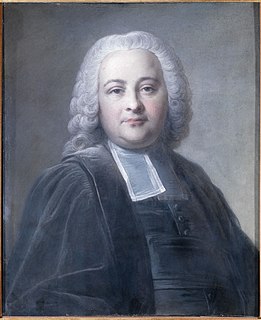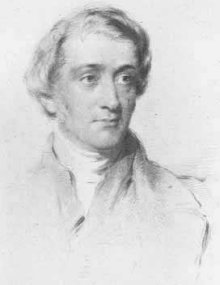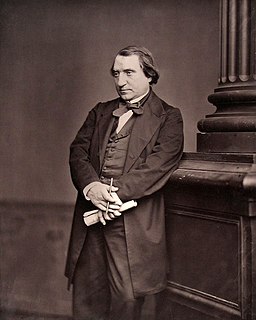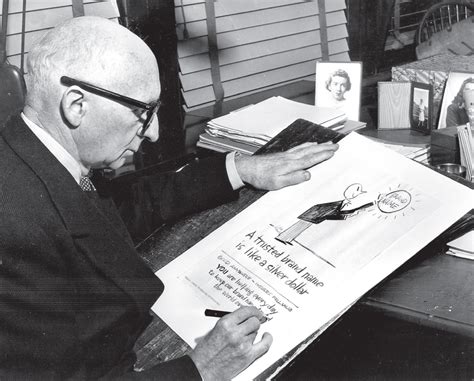A Quote by Guillaume-Chretien de Lamoignon de Malesherbes
Related Quotes
There are certain truths which stand out so openly on the roadsides of life, as it were, that every passer-by may see them. Yet, because of their obviousness, the general run of people disregard such truths or at least they do not make them the object of any concious knowledge. People are so bliend to some of the simplest facts in everyday life that they are highly surprised when somebody calls attention to what everybody ought to know.
There are several kinds of truths, and it is customary to place in the first order mathematical truths, which are, however, only truths of definition. These definitions rest upon simple, but abstract, suppositions, and all truths in this category are only constructed, but abstract, consequences of these definitions ... Physical truths, to the contrary, are in no way arbitrary, and do not depend on us.
There are different kinds of truths for different kinds of people. There are truths appropriate for children; truths that are appropriate for students; truths that are appropriate for educated adults; and truths that are appropriate for highly educated adults, and the notion that there should be one set of truths available to everyone is a modern democratic fallacy. It doesn't work.












































